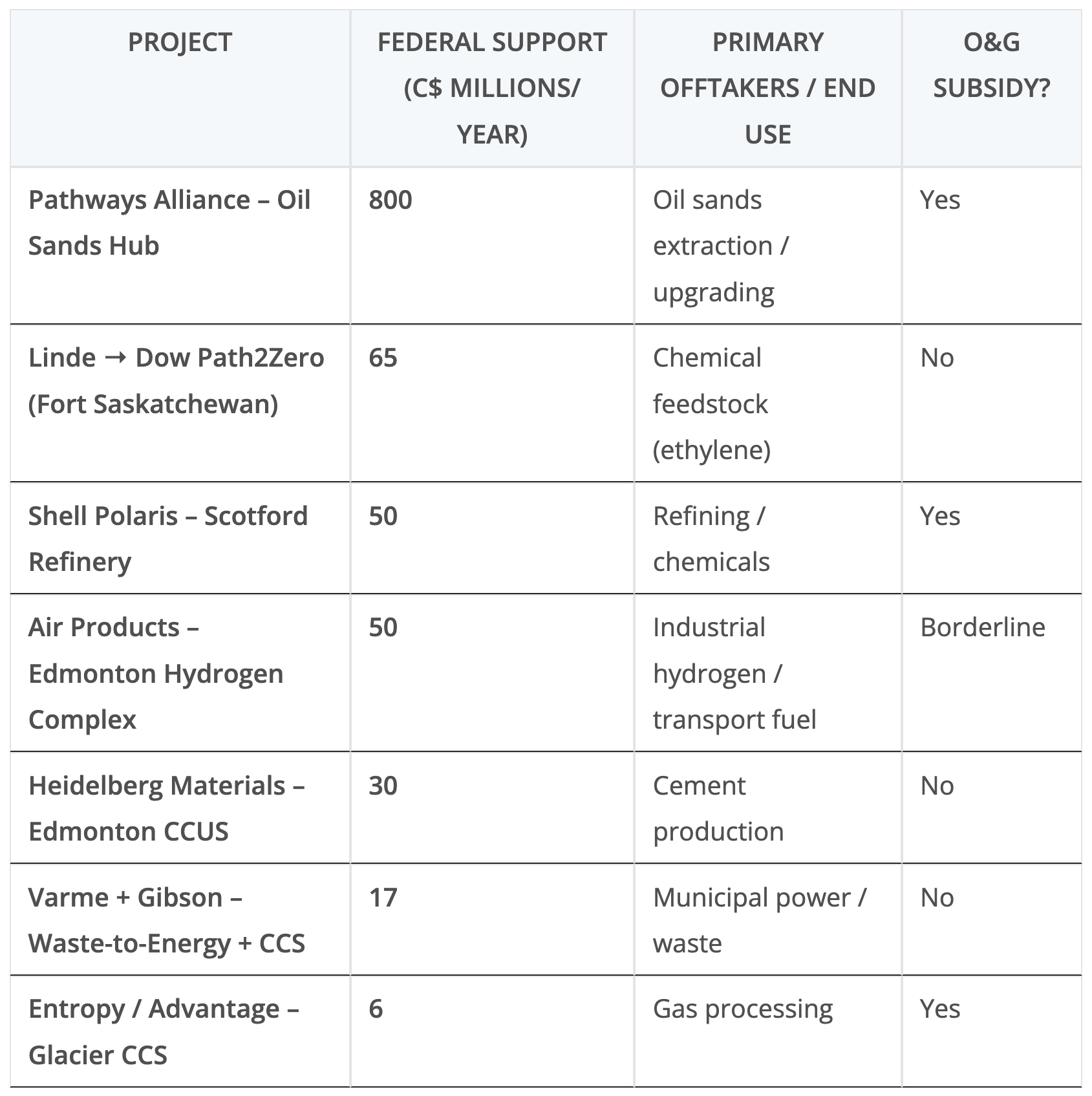Sign up for daily news updates from CleanTechnica on email. Or follow us on Google News!
The Alternative Fuel Vehicle Refueling Property Credit Will Lower Costs for Clean Vehicle Infrastructure and Transportation
The U.S. Department of the Treasury and Internal Revenue Service (IRS) issued a Notice of Proposed Rulemaking (NPRM) and additional guidance on the Alternative Fuel Vehicle Refueling Property Credit as expanded by the Biden–Harris Administration’s Inflation Reduction Act.
The guidance released will provide clarity on alternative fuel vehicle refueling property investments for battery-powered electric vehicle charging and other clean fuel infrastructure such as hydrogen refueling. Today’s guidance will lower transportation costs and increase energy security by making clean vehicles like electric and plug-in hybrids more affordable for Americans.
The Alternative Fuel Vehicle Refueling Property Credit (section 30C) works in concert with the New and Previously Owned Clean Vehicle Credits and Advanced Manufacturing Production Credit to create good-paying jobs, lower consumer costs and strengthen America’s battery, critical mineral, and clean vehicle supply chains. The section 30C provision provides a tax credit for up to 30% of the cost of installing qualified alternative fuel vehicle refueling property, such as chargers and hydrogen refueling property. The credit may be claimed by individuals up to $1,000 and by businesses up to $100,000 for each single item of property placed in service in an eligible census tract. The credit may also be claimed by tax-exempt and governmental entities using elective pay or, alternatively, by the sellers of eligible property to such entities. An eligible census tract is any population census tract that is a low-income community or that is not an urban area. Approximately two-thirds of Americans live in eligible census tracts. Business and tax-exempt governmental entities claiming the Alternative Fuel Vehicle Refueling Property Credit can receive an enhanced credit if they are paying workers prevailing wages and using registered apprentices to install the equipment.
“Today’s announcement is a key step forward in our efforts to reduce transportation costs for Americans and build out the U.S. domestic clean vehicle supply chain with good paying jobs,” said U.S. Deputy Energy Secretary David M. Turk. “Under the Biden–Harris Administration, over $120 billion in private investment has been so far announced for battery manufacturing, the majority of which is headed to vehicles, as well as over $40 billion in other electric vehicle component manufacturing. This new tax credit will further help consumers and businesses across the country make the affordable choice of clean vehicles.”
The NPRM will be open for public comment for 60 days and a public hearing will be scheduled if requested. Treasury and IRS look forward to receiving further input and benefitting from additional stakeholder perspectives as implementation of the Inflation Reduction Act continues.
For more information about this NPRM, see the U.S. Department of the Treasury’s website.
Courtesy of email from Vehicle Technologies Office, DOE.

Have a tip for CleanTechnica? Want to advertise? Want to suggest a guest for our CleanTech Talk podcast? Contact us here.
Latest CleanTechnica.TV Videos
CleanTechnica uses affiliate links. See our policy here.
CleanTechnica’s Comment Policy





